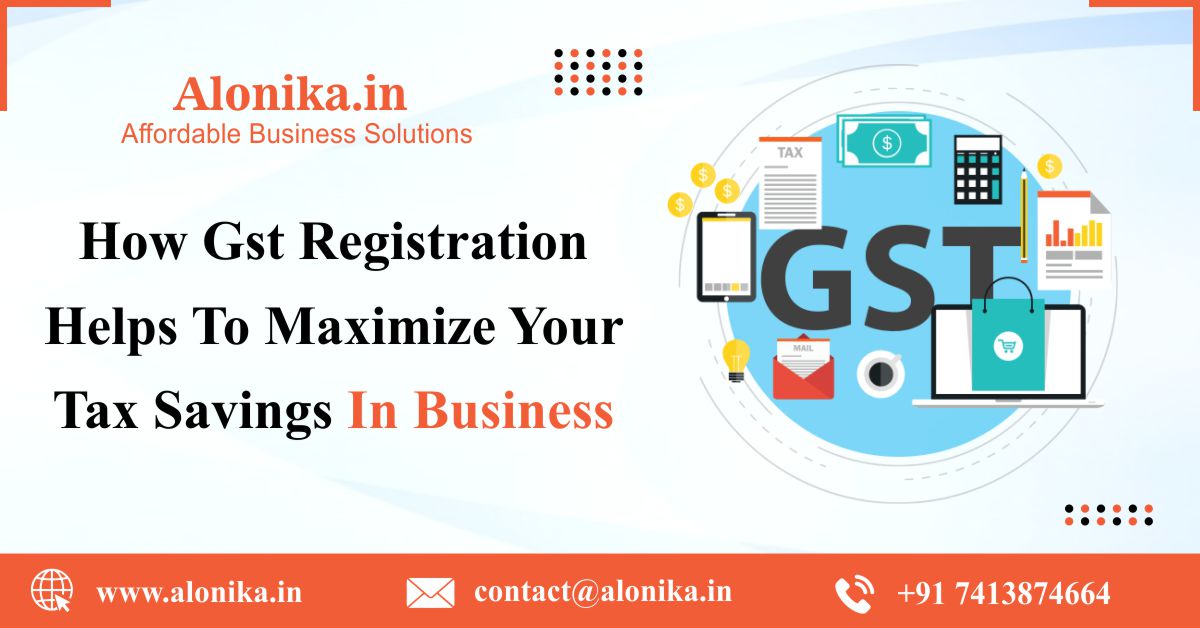Browsing the Complexities of GST Registration: A Comprehensive Guide for Entrepreneur
Browsing the intricacies of GST registration can be a complicated task for several organization owners, as it involves a myriad of rules, laws, and refines that should be abided by. With the ever-evolving landscape of tax obligation legislations, guaranteeing conformity and comprehending the complexities of GST enrollment is critical for the smooth operation of any type of business. From establishing eligibility and collecting the required documentation to enhancing operations for optimal effectiveness, this thorough guide intends to supply local business owner with the understanding and devices required to browse the intricacies of GST enrollment successfully.
Eligibility for GST Registration
Local business owner have to fulfill specific criteria to identify their eligibility for GST enrollment. As a whole, businesses with a yearly turn over going beyond a particular threshold are called for to sign up for Item and Provider Tax (GST) This limit varies by country, yet it is essential for business owners to stay notified regarding the specific policies in their territory. In addition, companies associated with interstate products, e-commerce, or the provision of particular specified services and goods may likewise be mandated to register for GST, despite their turn over.
Additionally, organizations that are signed up under any type of previous tax obligation regime, such as VAT or service tax, are generally needed to change to GST enrollment. By sticking to the essential standards, services can smoothly navigate the intricacies of GST registration and run legitimately within the tax framework.
Papers Required for Registration
To complete the GST enrollment process, businesses need to gather and send a detailed set of papers. The key records needed for GST registration generally consist of proof of company enrollment or consolidation such as the Certificate of Consolidation, collaboration deed, or any type of various other registration certificate.
In addition, specific records connected to the nature of business, such as a checklist of solutions or items provided, HSN codes for items, and SAC codes for solutions, may be required - Why choose CFO Account & Services for GST registration in Singapore. It is essential for organizations to guarantee that all files submitted are precise, current, and in the recommended style to avoid any delays or problems in the GST registration procedure
Process of GST Enrollment
Having put together the requisite documents, services continue to launch the GST enrollment procedure by engaging with the online website designated for registration. This on-line website is the Item and Solutions Tax Network (GSTN) site, which works as the key platform for all GST-related activities in India. Upon accessing the site, companies are needed to fill in the GST enrollment kind with exact information concerning their organization tasks, turnover, and other relevant details.
As soon as the kind is completed and submitted on the portal, the GSTN verifies the details offered by the organization. If any inconsistencies are discovered, the candidate might be called for to offer added info or click for info clarification. Complying with successful confirmation, a GST registration certificate is released to the business entity. This certificate has an one-of-a-kind Item and Solutions Tax Obligation Recognition Number (GSTIN) that is used for all GST-related deals.
It is essential for services to make certain that the information offered throughout the GST enrollment process is accurate and as much as day to avoid any type of potential problems or delays in acquiring the GST registration certificate.
Comprehending GST Compliance

Organizations need to be knowledgeable about the numerous GST compliance demands based on their turnover, nature of goods or services, and the states in which they run. It is crucial to stay updated on any adjustments in GST legislations and regulations to stop any non-compliance concerns.
Non-compliance with GST laws can lead to hefty penalties, fines, and even lawful consequences. Therefore, companies must invest time and resources in enlightening themselves and their personnel on GST conformity. Looking for expert support from tax obligation consultants or experts can also help in navigating the complexities of GST conformity and making certain that organizations run within the legal structure.

Tips for Optimizing Service Operations
For improved performance and productivity in organization procedures, strategic preparation and structured procedures are vital elements. One idea for optimizing organization procedures is to leverage modern technology efficiently (Why choose CFO Account & Services for GST registration in Singapore). Executing the ideal software remedies can automate repeated jobs, improve precision, and enhance general operations efficiency. In addition, carrying out normal efficiency assessments and collecting feedback from workers can provide useful insights for recognizing bottlenecks and locations for renovation.
An additional vital facet is focusing on tasks based Bonuses upon their significance and due dates. By developing a clear power structure of jobs and setting reasonable timelines, companies can guarantee that critical activities are completed promptly. Additionally, cultivating a society of open interaction and cooperation amongst employee can bring about increased efficiency and technology.

Verdict
To conclude, navigating the complexities of GST registration calls for a clear understanding of qualification criteria, necessary records, registration processes, and conformity requirements. By sticking to these guidelines and maximizing company procedures, local business owner can make certain smooth operations and compliance with the GST policies. It is necessary for organizations to remain enlightened and upgraded on GST guidelines to prevent any kind of fines or legal concerns.
The crucial files required for GST enrollment commonly include evidence of organization enrollment or unification such as the Certificate of Consolidation, collaboration deed, or any kind of various other enrollment certificate.Having put Discover More together the requisite documents, businesses continue to start the GST enrollment procedure by involving with the online portal assigned for registration. Upon accessing the site, businesses are called for to fill out the GST registration form with exact details concerning their company activities, turn over, and various other pertinent info.
In order to preserve adherence to GST laws and avoid fines, companies must prioritize recognizing GST compliance. By sticking to these standards and enhancing company operations, company proprietors can guarantee smooth procedures and conformity with the GST laws.